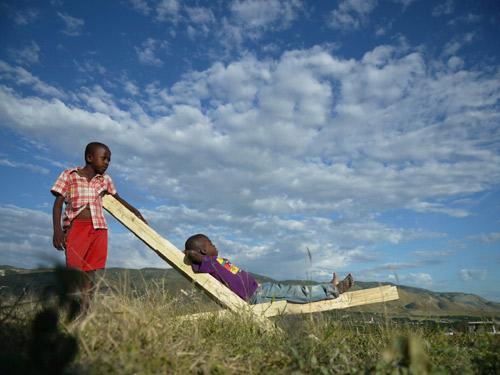Post-disaster reconstruction specialist Marie Aquilino was our final visiting professor for this year’s course, and we were happy to welcome her back after the open conference she gave last year at our program.
Marie has spent the last several years working on the post-earthquake reconstruction efforts in Titanyen, Haiti, and has developed an approach which she calls “Abiding Architecture” in the search for coherency and equity in the rebuilding process.
Abiding is much more than listening; it’s listening times ten, from both sides, in conversation, with deference and humility.
We highly recommend her recently initiated column at Metropolis, in which she reports on her work with the Montesinos Foundation in Titanyen and shares her learning experiences from working with the local community. Here are the links to her three articles so far:
Abiding Architecture: Reports from Titanyen, Haiti by Marie Aquilino
Abiding Architecture: Planting Titanyen Part 1
Abiding Architecture: Planting Titanyen Part 2
Marie Aquilino (PhD, Brown University) is professor of architectural history and a specialist in contemporary urban redevelopment at École Spéciale d’Architecture, where she leads a program that educates and trains architecture students to work in the context of extreme need and crisis in the developing world. She is currently part of an international working group on the reconstruction of Haiti, and is a recent laureate of the Partner University Fund for her work in Titanyen. Marie is also the editor and one of the authors of Beyond Shelter: Architecture and Human Dignity (Metropolis Books, 2011), which features 25 reports from the field by leaders of architecture studios, engineering firms, non-profits, research centers, and international agencies that are working to provide sustainable recovery efforts in a wide range of urban and rural locales. Since the book’s release, she has continued to advocate for a sea change, one that radically shifts our thinking and practice from short-term emergency aid to investment in long-term development.


